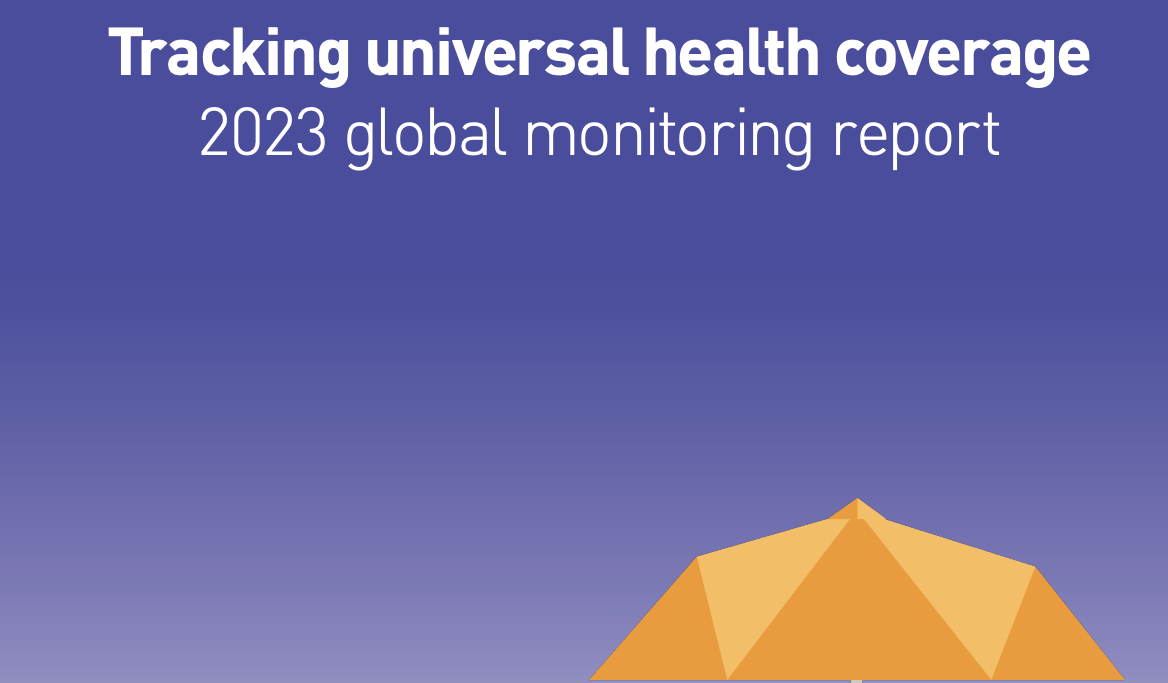In 2021, 4.5 billion people – half the world’s population – were not covered by essential health services, says a report from the World Health Organization and World Bank.
The report, titled “Tracking Universal Health Coverage: 2023 Global Monitoring Report,” shows that between 2000 and 2021, the global UHC Service Coverage Index (SCI) rose from 45 to 68 out of 100. However, since 2015, progress has stagnated, with 108 out of 194 countries experiencing worsening or no significant improvement in service coverage. The COVID-19 pandemic further hindered progress, as health resources were redirected to managing the crisis.
The report highlights two key metrics: the UHC Service Coverage Index and catastrophic out-of-pocket (OOP) health spending. Catastrophic OOP spending occurs when individuals spend more than 10% of their household budget on health expenses, leading to financial hardship. In 2019, over 1 billion people faced this form of financial strain, with 344 million living in extreme poverty. Since 2000, the number of people facing financial hardship due to health spending increased by 76%.
The article by the World Economic Forum suggests that addressing healthcare challenges involves transforming healthcare systems, fostering innovation, and ensuring global environmental sustainability, with equity as the foundation. Efforts to achieve UHC include forming networks like the Global Health Equity Network and promoting digital healthcare transformation to improve efficiency and access.



